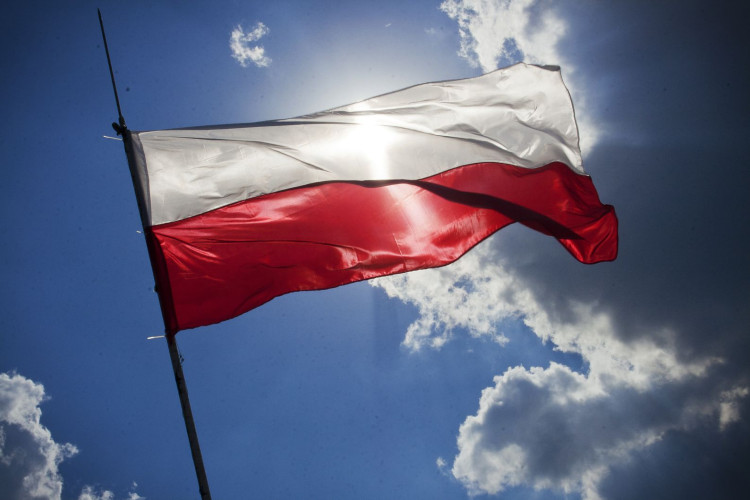An International Atomic Energy Agency (IAEA) team of experts today completed a mission to review national nuclear security practices in Poland.
The IAEA conducted the two-week International Physical Protection Advisory Service (IPPAS) mission at the request of the Government of Poland. The mission reviewed Poland's nuclear security-related legislative and regulatory framework for nuclear material and associated facilities, as well as security arrangements for the transport of nuclear material. In addition, the team reviewed the physical protection systems at the Maria research reactor and the Radioactive Waste Management Plant outside Warsaw, as well as at the National Radioactive Waste Repository north of the capital.
The IPPAS team concluded that Poland has taken important steps, including the conversion of the core of the Maria research reactor to low-enriched uranium, to strengthen nuclear security. Moreover, the team identified a number of good practices while also making recommendations and suggestions for continuous improvement in nuclear security.
“The example given by Poland strongly reinforces the importance and the value of establishing and applying IAEA nuclear security guidance,” said Muhammed Khaliq, Head of the IAEA’s Nuclear Security of Materials and Facilities Section.
The team, led by Angus Cameron, Superintending Inspector, UK Office for Nuclear Regulation, comprised six experts from six nations as well as an IAEA representative. The team met in Warsaw with officials from the National Atomic Energy Agency (PAA), the Internal Security Agency (ABW), the Bureau of Anti-Terrorist Operations of National Police Headquarters (BOA KGP), the Ministry of Energy, the National Centre for Nuclear Research (NCBJ), the Radioactive Waste Management Plant (ZUOP) and PGE EJ 1 sp. z o. o., the investor in Poland’s nuclear power programme.
"The IPPAS mission was very useful,” said Bartosz Skłodowski, the spokesman for the PAA president. “We will in our future work use these recommendations and suggestions to improve Poland’s nuclear security regime. We intend to invite a follow-up mission."
Background
The mission was the 71stIPPAS mission conducted by the IAEA since the programme began in 1995. This was the second IPPAS mission in Poland; the first was in 1997.
IPPAS missions are intended to help States strengthen their national nuclear security regime. The missions provide peer review advice on implementing international instruments, and IAEA guidance on the protection of nuclear and other radioactive material and associated facilities.
The missions call upon a team of international experts to assess a nation's system of physical protection, compare it with international best practices and make recommendations for improvement. IPPAS missions are conducted both on a nationwide and facility-specific basis.


